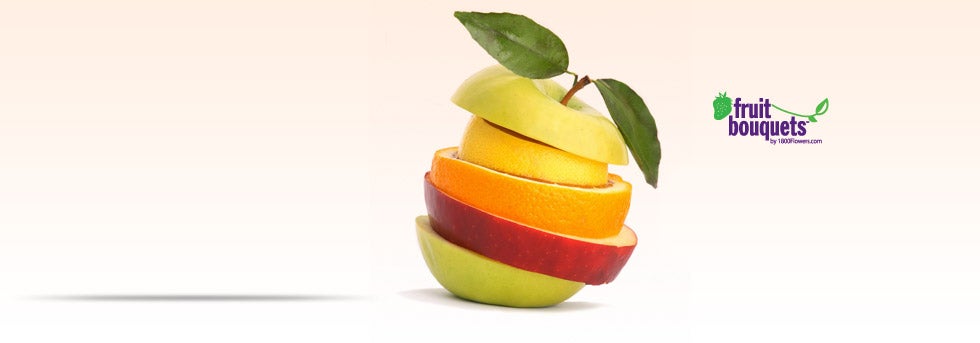- Explore the Community
Don't have an account?
Click Here- Fast, secure checkout
- Exclusive promotions & offers
Health Benefits of Fruit

Fruit is delicious but the added bonus is that it is also good for you. Adding fruit to your diet is an easy way to a healthier body. There are many benefits of eating fruit, from promoting weight loss to providing the nutrients to keep your body strong. Here are a few examples on selecting the best fruit for your lifestyle:
apples
Apples, with the skin, provide pectin, 5 grams of fiber and a heaping dose of flavonoid antioxidants. Apple fiber helps lower cholesterol and keeps you regular. And the powerful flavonoids reduce your risk of heart disease, stroke and cancer. A medium apple is a delicious snack and only contains about 80 calories. Eat the skin for a high dose of fiber: both soluble (the type that helps lower cholesterol) and insoluble (it keeps you regular). In addition to meeting 15 percent of your daily fiber needs, an apple is a great source of antioxidants.
bananas
Bananas are a great source of potassium which helps lower your risk of high blood pressure and stroke and plays a key role in muscle function. Bananas are delicious and sweet to eat, making them a terrific sugar substitute and natural energy source. The fiber in bananas helps restore normal bowel action.
blueberries
Blueberries are rich in antioxidants, which help fight cancer and prevent macular degeneration and high blood pressure. Like cranberries, they contain compounds that can protect against urinary tract infections.
cantaloupe
Cantaloupe is loaded with Vitamin C, potassium and carotenoid antioxidants. Cantaloupe can help reduce inflammation, prevent cancer and cardiovascular disease, boost immunity and help protect your skin from sunburn.
cherries
Cherries are very high in iron and disease-fighting flavonoids. They also have potassium, magnesium, C and E, folate and heart-protective carotenoids. Cherries can significantly reduce inflammation, arthritic pain, bad cholesterol and cancer risk.
kiwis
Ounce for ounce, kiwis contain more than twice as much vitamin C as oranges, plus they may lower the risk of cataracts and could even protect DNA from damage.
red & purple grapes
Red wine isn't the only source of resveratrol, a powerful antioxidant that could help fight heart disease. You get nearly as much resveratrol in a cup of dark-colored grapes as you do in a five-ounce glass of Merlot. Red grapes contain iron, potassium, fiber and an abundance of powerful disease-fighting antioxidants. Although red wine gets most of the publicity, dark-colored grapes are the original source of the flavonoids, anthocyanins and resveratrol, which have been shown to help prevent heart disease and cancer.
oranges
A single orange gives you almost a full day's vitamin C, plus potassium. The opaque membrane around each wedge has hesperidin, which may lower cholesterol. It has even been said that the scent of an orange is relaxing and helps you relax.
papayas
Papayas contain papain, a substance that helps improve your digestion. Papayas also provide a lot of vitamin C and are a good source of folate.
strawberries
Strawberries are an excellent source of dietary fiber and Vitamins C and K. They are a very good source of manganese, pantothenic acid, vitamin B1, and iodine. Strawberries also contain folic acid, biotin, and vitamin B6. Strawberries also contain high levels of antioxidants, which can decrease the risk of chronic disease. A handful of strawberries help control type 2 diabetes and stave off heart disease and inflammation. Strawberries are also an excellent source of vitamin C and other antioxidants.










